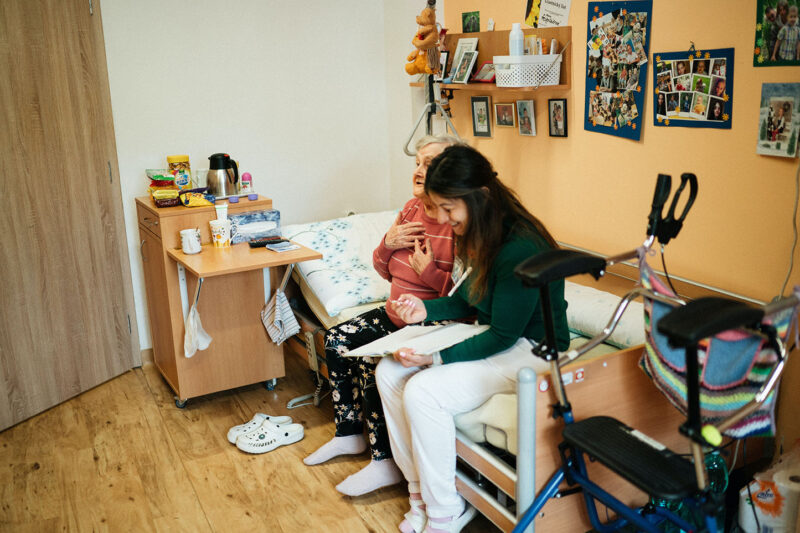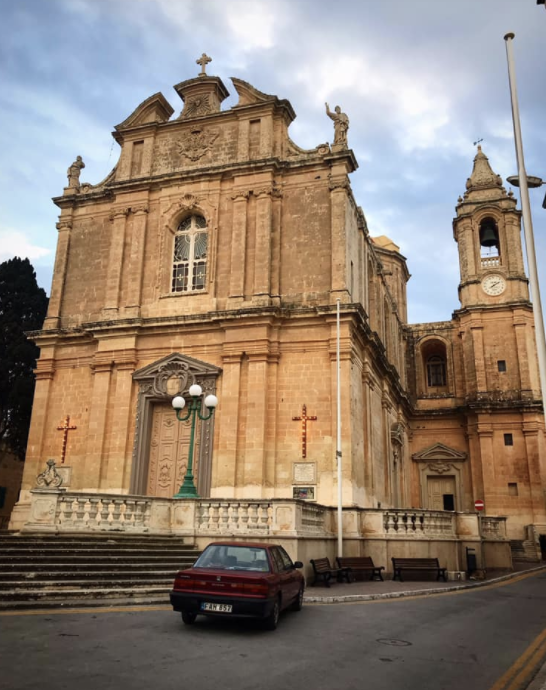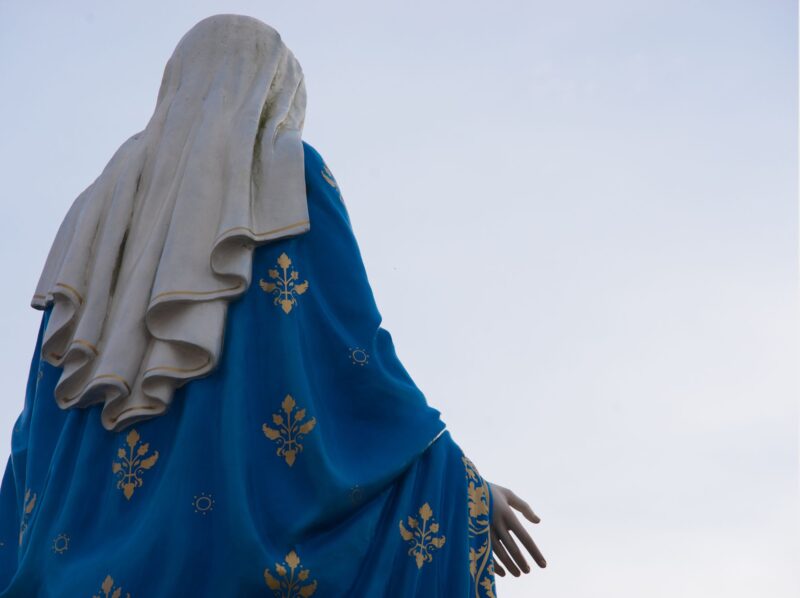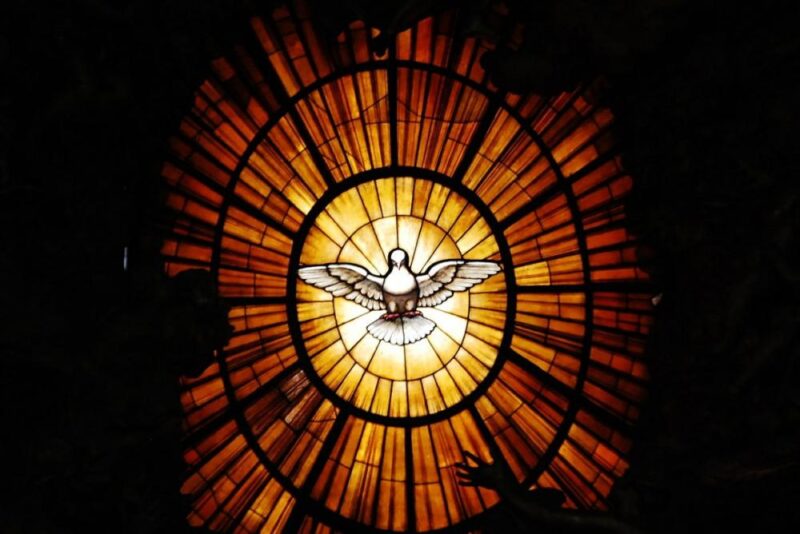
The Pastoral Formation Institute is licensed by MFHEA
(Licence #: 2013-FHI-023) as a Further and Higher Educational Institute. The Award in Spiritual Dimension in Elderly Care for Healthcare Workers is accredited at EQF/MQF Level 5, as Further Education Programme.
Spirituality plays a crucial role in holistic care, yet it is often overlooked. This course addresses the challenges in conceptualizing spirituality and offers clarity on its integration into elderly care. Participants will explore the meaning of spirituality and gain competence in spiritual practice. The course covers attitudes towards spirituality, assessment of patients’ spiritual needs, and factors affecting its integration into nursing care. Practical guidance is provided to equip healthcare workers with skills to incorporate spirituality into their practice effectively.
Carers in residential care facilities for the elderly.
This course consists of 11 sessions: 10 lectures and an examination session.
Session 1: Defining Spirituality and Spiritual Care in Healthcare – Competencies in Spiritual Care
Spirituality and spiritual care in healthcare encompass how patients and healthcare professionals seek and express meaning, purpose, connection, value, or transcendence within the context of illness and health. An increasing body of evidence demonstrates that spirituality is associated with improved health outcomes, patient satisfaction, medical decision-making, and quality of life. This session will introduce various definitions of spirituality and spiritual care, along with the multidimensional spiritual field.
Session 2: Interpersonal and Intrapersonal Spirituality
Intrapersonal Spirituality addresses personal spirituality, emphasizing that healthcare workers must nurture their own spirituality to provide effective spiritual care. Students will explore the significance of self-reflection and self-awareness in personal and professional growth. Interpersonal Spirituality focuses on building relationships through effective communication skills, recognizing individuals’ unique spiritual and cultural worldviews, fostering companionship, and delivering compassionate care.
Session 3: Spiritual Assessment and Evaluation of Care
This session introduces learners to formal and informal approaches for assessing patients’ spiritual needs, planning interventions based on available resources, and evaluating whether patients’ needs have been met.
Session 4: Loss, Grief, and Compassion in the Elderly
Learners will explore the inevitable experience of grief and loss, as well as feelings of isolation in the elderly. Understanding the grief process, as described by Elisabeth Kübler-Ross, will enable healthcare workers to prevent spiritual distress and provide compassionate care to the elderly.
Session 5: Spiritual Care in Elderly Rehabilitation
This session focuses on addressing the spiritual needs of elderly individuals undergoing rehabilitation. It explores strategies for promoting creativity and addressing feelings of suffering and solitude.
Session 6: Spiritual Care and Mental Health
Learners will gain insights into various mental health issues affecting the elderly and acquire skills to manage and provide care for elderly individuals experiencing mental health challenges.
Session 7: Spiritual Care in Dementia
This session provides information on dementia in the elderly and equips learners with skills to manage care in this context, as well as supporting families to better understand and cope with the situation.
Session 8: The Role of Religion in Spiritual Care for the Elderly
This session highlights the integral role of religiosity in spiritual care.
Session 9: The Sacraments in Different Religions and Spirituality
Learners will explore religious practices across various denominations present in our society.
Session 10: Case Scenarios in the Spiritual Dimension of Elderly Care
This session presents case scenarios to assess and evaluate learners’ knowledge, skills, and attitudes acquired during the program, preparing them for application in elderly care settings.
The course will be held on Tuesday from 9:30am – 11:30am at Little Sisters of the Poor, Ħamrun
| Date | Session |
|---|---|
| 9th April 2024 | Defining ‘Spirituality’ and ‘Spiritual Care’ in Healthcare Competencies in spiritual care |
| 16th April 2024 | Interpersonal and intrapersonal spirituality |
| 23rd April 2024 | Spiritual assessment and evaluation of care |
| 30th April 2024 | Loss, grief and compassion in the elderly |
| 7th May 2024 | Spiritual care in the rehabilitation of the elderly |
| 14th May 2024 | Spiritual care in dementia |
| 21st May 2024 | Spiritual care and mental health |
| 28th May 2024 | The role of religion in spiritual care for the elderly |
| 4th June 2024 | Case scenarios in the spiritual dimension of elderly care |
| 11th June 2024 | The sacraments in different religions and spirituality |
| 25th June 2024 | Examination* |
*Examination session will take place from 9:30am – 10:30am
This course has one exit certificate option:
Certificate of Achievement
A Certificate of Achievement is awarded to students who successfully concluded the course, that is;
- attend a minimum of 80% of all contact hours
- complete and pass from short multiple-choice online exam
Click here to view the PFI’s Grading System
EQF/MQF Level: Level 5
Accreditation Category: Further Education Programme
Total ECTS: 4 ECTS
Award Institution: Pastoral Formation Institute

The Pastoral Formation Institute is licensed by MFHEA
(Licence #: 2013-FHI-023) as a Further and Higher Educational Institute. The Award in Spiritual Dimension in Elderly Care for Healthcare Workers is accredited at EQF/MQF Level 5, as Further Education Programme.
Qualifications: Applicants must possess a minimum of an MQF/EQF Level 4 or higher qualification. Kindly submit a copy of your highest qualification in the application form below.
Language: Applicants must have a basic understanding of Maltese and be proficient in English.
Digital: Applicants must know how to access and use the internet.
For courses offered in face-to-face learning and blended learning, applicants must reside in the Maltese Islands and provide their Maltese address in their application form.
For further information regarding visa requirements, please refer to Identity Malta’s visa requirements for third-country nationals.














